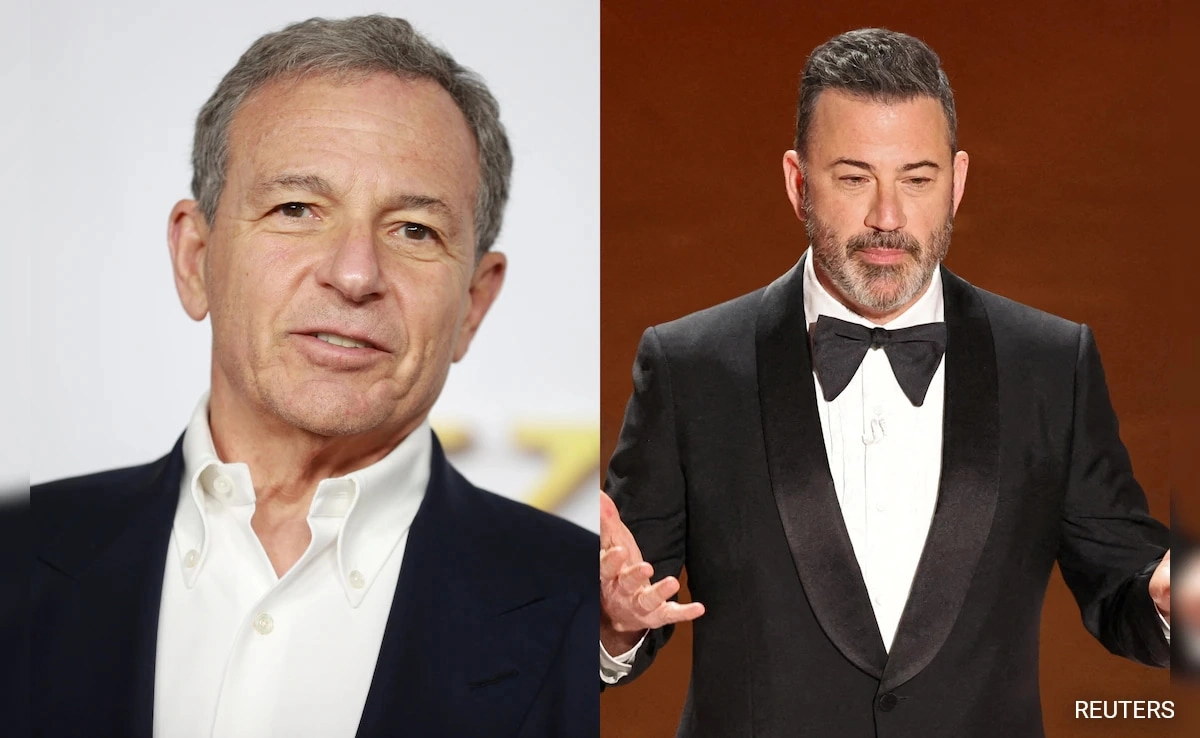The recent suspension of late-night host Jimmy Kimmel has sparked widespread speculation regarding the motivations behind this decision, with many suggesting it may be politically motivated. However, sources close to the situation indicate that the primary driver behind Kimmel’s temporary hiatus is not politics, but rather the legacy and corporate strategies of Disney CEO Bob Iger. As Iger navigates a complex landscape of entertainment and media, his focus on the company’s reputation and branding influences decisions that directly affect its on-screen talent.
Bob Iger, who has been at the helm of Disney for multiple years, is known for his strong leadership and vision for the company’s future. Under his guidance, Disney has undergone significant transformations, including the acquisition of major franchises and the expansion of its streaming services. Iger’s approach emphasizes maintaining a family-friendly image and appealing to a broad audience, which can sometimes clash with the more provocative nature of late-night comedy. As such, decisions regarding Kimmel’s programming and presence on the network may reflect a careful balancing act between creative expression and corporate responsibility.
Kimmel, who has made a name for himself with his comedic takes on current events and cultural commentary, has often found himself at the center of controversy. While his brand of humor resonates with many, it can also alienate others, creating challenges for a network that aims to be inclusive. Iger’s leadership style encourages a focus on long-term goals over short-term gains, which may have influenced the decision to suspend Kimmel during a particularly turbulent period in the entertainment industry. This move could be seen as an effort to realign the network with Iger’s vision for a cohesive and family-oriented brand, steering away from content that may risk alienating viewers.
As Iger continues to steer Disney through a shifting media landscape, the implications of Kimmel’s suspension extend beyond just one late-night host. It raises questions about the broader relationship between corporate leadership and creative freedom, as well as how networks strategically manage their talent in a highly polarized environment. While Kimmel’s comedic style may not align perfectly with Iger’s vision, it is evident that decisions made at the corporate level are deeply intertwined with the artistic expressions of those in front of the camera. This situation underscores the complexities inherent in balancing creative talent with the overarching goals of a major entertainment corporation.




